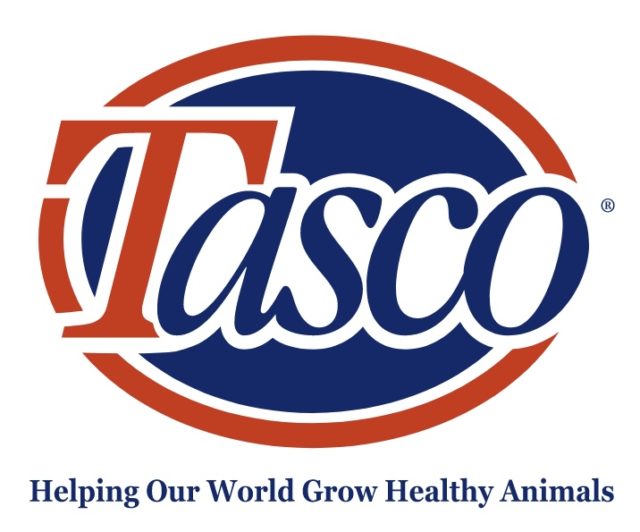The road to increased horse abandonment and abuse is paved with good intentions. The U.S. Government Accountability Office (GAO) has recently (June 2011) finished its report on the current status of horse welfare in the U.S., titled “Action Needed to Address Unintended Consequences from Cessation of Domestic Slaughter.” The GAO is the equivalent of the person who inspects the Boeing 737 you ride on, or the IRS going over your books, or the instant replay in football. It is as cold as a calculator.
It does not factor in emotion, hyperbole, angst, celebrity status, ad-speak or political connections. “The facts ma’am, just the facts.”
The report took the observation that “horse welfare in the U.S. has generally declined since 2007, evidenced by increases in horse abandonments and increased investigation for abuse and neglect,” and examined the cause. Their investigation led them to believe that it was primarily the “… cessation of domestic slaughter (of horses) and U.S. economic downturn.”
Collecting data and evidence, ignoring the deep-seated, though often unsubstantiated, pronouncements from columnists, activists and otherwise paid political pontificators, they put together recommendations for Congress. They were based on the fact that, in spite of the ban on horse slaughter in the U.S. in 2007, an equal number of U.S. horses are still being transported today to Mexico and Canada and slaughtered.
However, the USDA is unable to regulate and oversee their transportation and protection because Congress will not amend the proposed rule to define “Equine for Slaughter.” As the GAO put it, “Legislative actions have impeded USDA’s ability to protect horse welfare since fiscal year 2006.”
Protect from whom? Truckers? Horse breeders? French chefs? Backyard horse owners? Animal rights groups?
Everybody involved in this horrendous, self-inflicted tragedy on our magnificent horse should step back and take a look at the mess caused by “unintended consequences” we’ve created. If your main contribution has been TO BLAME, draw in your rhetoric and get out of the way! Let the GAO’s wisdom sink in.
But if your main contribution has been TO HELP, you probably haven’t had time to cast aspersions or send hate e-mail. Unfortunately, I’m afraid your work is not over.
All of you who do horse rescue: sheriffs, BLMers, forest rangers, ranchers, local animal shelters, farmers, veterinarians, animal lovers and auction barn operators will still be needed, yes, all of you whose immediate interest is hands-on horse welfare.
Because, regardless of our anthropomorphic dreams and imaginations, horses live in the now. They worry about their next meal and not much more. That is our responsibility and we do it well, when allowed. PD




